
views
Calculating BMR in Men

Measure your height in centimeters. Generally, the bigger your frame is, the higher your BMR. All other things being equal, a tall man has more body tissue than a shorter man, which means he uses more energy each day simply by living. If you're not sure of your exact height, begin by getting an exact measurement of it. Use centimeters - BMR calculations are done in metric measurements. Stand with your back to a wall, with your heels touching the wall and your body straight. Have someone mark the height of the top of your head. Measure to straight up to that mark from the floor with a measuring tape to find your height. If you know your height in inches, you can multiply it by 2.54 to find your height in centimeters.
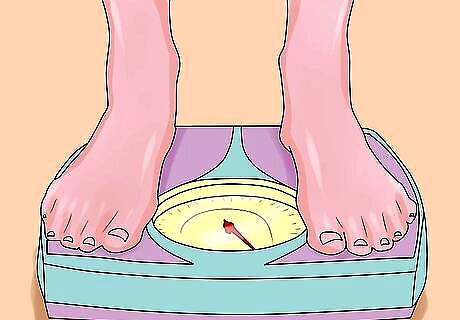
Determine your weight in kilograms. If you haven't weighed yourself in a while, step on a scale. Generally, the heavier you are, the more energy your body uses every day. Weighing yourself is also a good idea if you're trying to gain or lose weight, as you'll need to be able to judge your progress an initial value. If you know your weight in pounds, you can multiply it by .454 to find your weight in kilograms. If you're trying to gain or lose weight, remember that your weight can fluctuate by 5 pounds or so throughout the day based on what you've eaten and drank, when you've used the bathroom, etc. If you're embarking on a journey to change your weight, weigh yourself about once a week at the same time of day while wearing similar clothing each time.
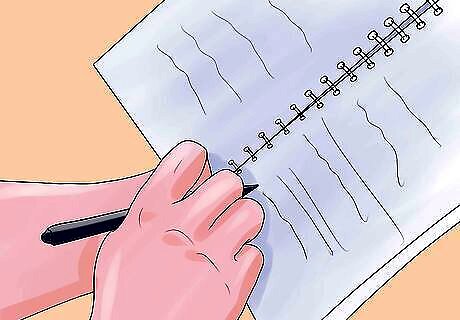
Use the BMR equation for males. For men, the equation for calculating BMR is: BMR = 66 + (13.8 x weight in kg.) + (5 x height in cm) - (6.8 x age in years). This simple equation takes into account your height, weight, age, and sex. BMR increases with height and weight but decreases with age. The value for BMR in this equation is given in kilocalories per day. In everyday English, kilocalories are usually just called "calories" - you are probably familiar with calories from the Nutrition Facts section of food packaging.
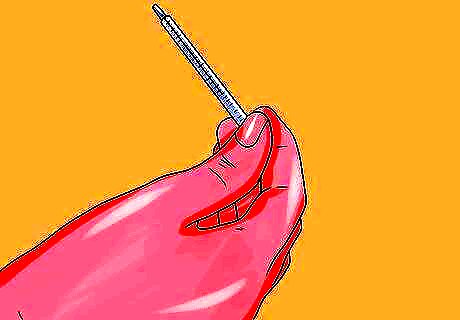
Know other factors that can affect your BMR. The BMR equation isn't perfect - it's just a convenient way of approximating your BMR. Your personal BMR will vary based on several other factors, including: Muscle mass. Leaner, more muscly bodies have higher BMRs than fatter bodies. A 200-lb Olympic swimmer with a near-zero level of body fat will have a much higher BMR than a 200-lb man with a moderate level of body fat. Bodily growth. People experiencing rapid growth (such as during puberty) will have higher BMRs, as will people growing new tissue after an injury. Body temperature. Elevated body temperature (as accompanies a fever) can increase BMR. Diet. Fasting or drastically dieting can reduce your BMR as the body compensates to run on less fuel. Heredity. Some people simply inherit their metabolism from their parents - if you've ever met someone who can eat endlessly without gaining weight, you've met someone who inherited a high BMR naturally.
Calculating BMR in Women
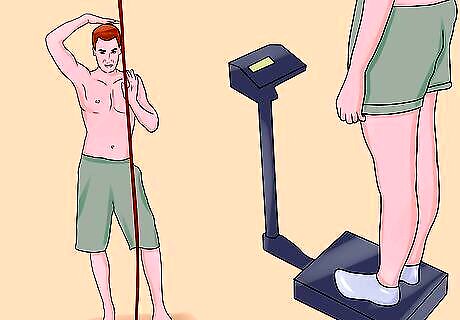
Measure your height and weight. Just like in men, BMR varies greatly among women based on height and weight. For an accurate BMR measurement, get accurate values for your height and weight. Use metric values - centimeters for height and kilograms for weight - as the BMR equation assumes metric measurements. To convert your height in inches to centimeters, multiply it by 2.54. To convert your weight in pounds to kilograms, multiply it by .454 . If you're trying to lose or gain weight, remember to weigh yourself about once a week, at the same time of day each time. Your weight can fluctuate by 5 pounds or more each day simply from normal activity.
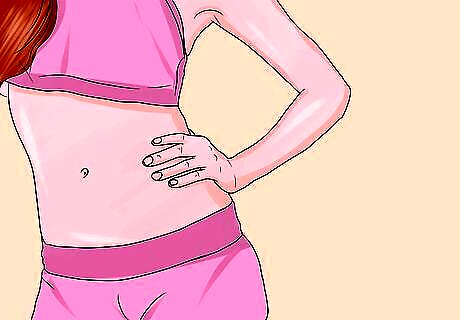
Use the BMR equations for females. Because women often (but not always) have less lean body mass (found by subtracting the mass of fat tissue in the body from the total mass of the body) than men, they will generally have lower BMRs. The BMR equation for females takes this into account - it multiplies height and weight by smaller values. However, since women's metabolisms slow less drastically with age than men's, the value that age is multiplied by is also smaller. For women, the BMR equation is: BMR = 655 + (9.6 x weight in kg.) + (1.8 x height in cm) - (4.7 x age in years). As always, the value for BMR in this equation is given in "kcals (calories) per day."
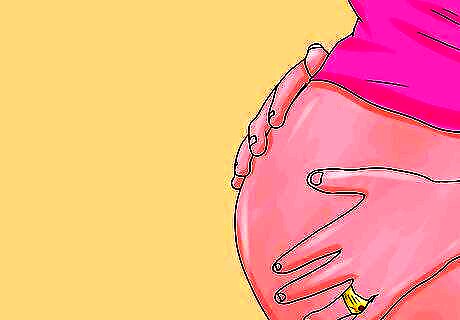
Know that pregnancy can affect BMR. Like men, diet, growth, body temperature, muscle mass, and heredity can influence a woman's BMR. However, women are unique in that pregnancy can also significantly impact BMR. Women who are pregnant (or breastfeeding) will have higher BMRs than women who are not. Nourishing an infant as it grows (and, later, producing breast milk) requires extra energy from the body - if you've ever noticed a woman's appetite increase when she becomes pregnant, you've seen this effect in action.




















Comments
0 comment